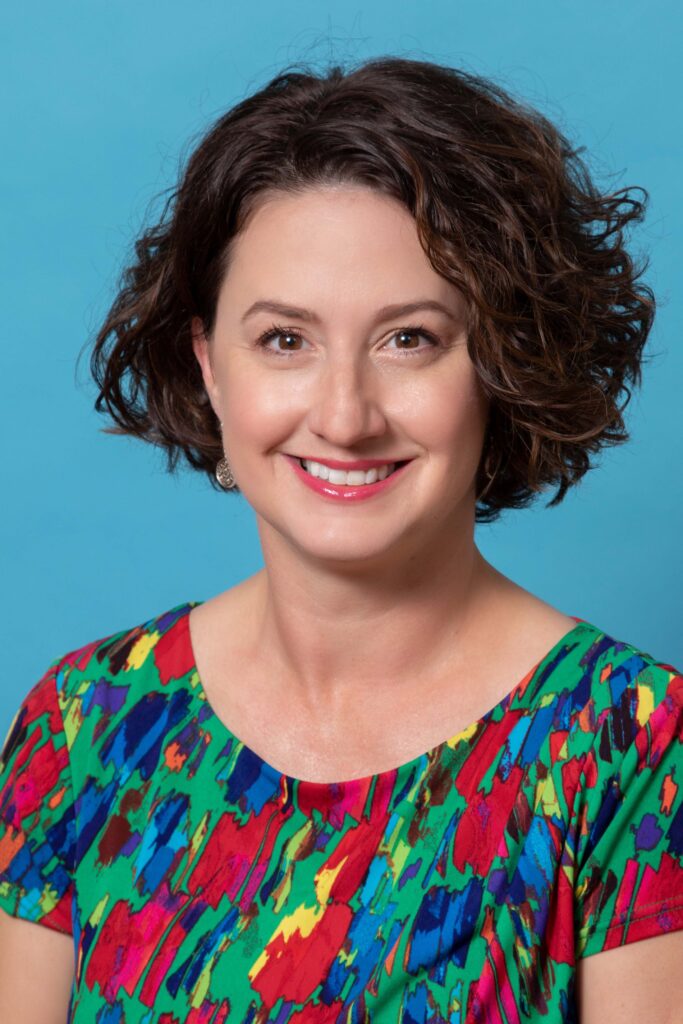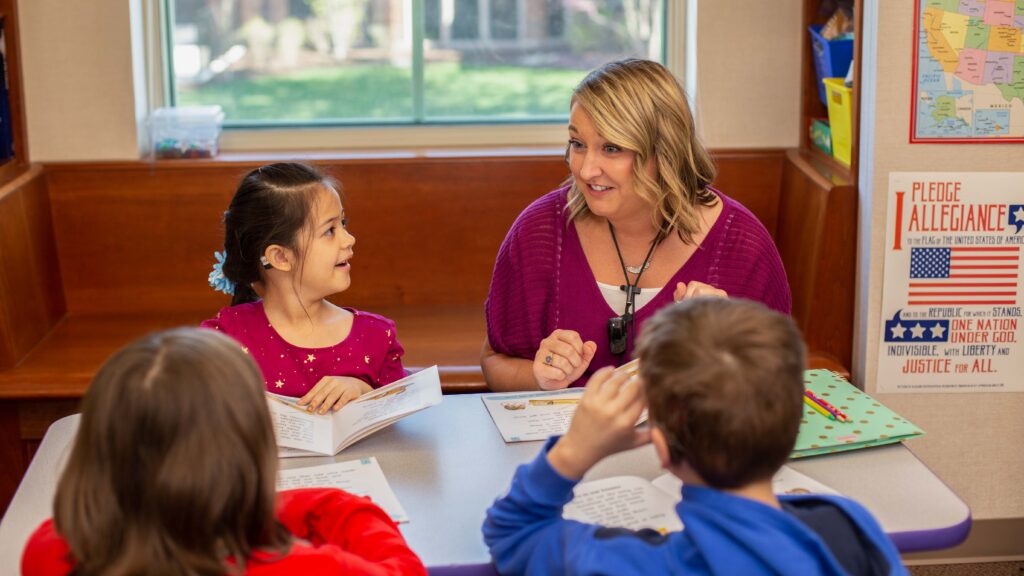The Program in Audiology and Communication Sciences (PACS) now offers specialized training in pediatric intervention for both audiology and deaf education students.
Early intervention is one key to successful outcomes in children who are deaf or hard of hearing. However, being identified early and receiving a cochlear implant or hearing aid does not ensure that a child will develop successful speech, language, and literacy skills.

The new PACS program responds to this growing demand for educators with expertise in teaching listening and spoken language, and pediatric audiologists who have specialized knowledge of working with children who are deaf or hard of hearing.
Support for the program came in the form of two grants from the Department of Education. The grants will support specialized training for as many as 56 deaf education (MSDE) students and 40 audiology (AuD) students over the course of the five-year project.
According to Heather Grantham, director of Deaf Education for PACS, the goal of this project is to increase the number of graduate-level, interdisciplinary-trained teachers of the deaf and pediatric audiologists who specialize in maximizing listening and spoken language skills for very young children who are deaf or hard of hearing.
“Developments in newborn hearing screening programs and hearing devices have had considerable effects on speech, language, and educational success of these children,” says Grantham, who is principle investigator on the grants. “It is not surprising that parents are embracing the dramatic results that can arise from a combination of early diagnosis, advanced hearing devices, and specialty-trained health providers and teachers.”
Students in the pediatric audiology elective take two additional courses to gain knowledge about child development, early intervention, counseling, and other topics necessary for working with very young children who are deaf or hard of hearing. The courses are taught by leaders in deaf education with extensive experience and provide critical information for future teachers and pediatric audiologists.
Deaf education itself is a rapidly evolving field, perhaps more so than other areas of special education. Dramatic changes have occurred in the last 15 years, including widespread universal newborn hearing screening and continued development of digital hearing aid and cochlear implant technology. These changes have had significant effects on school-related outcome measures for children who suffer from hearing loss.
